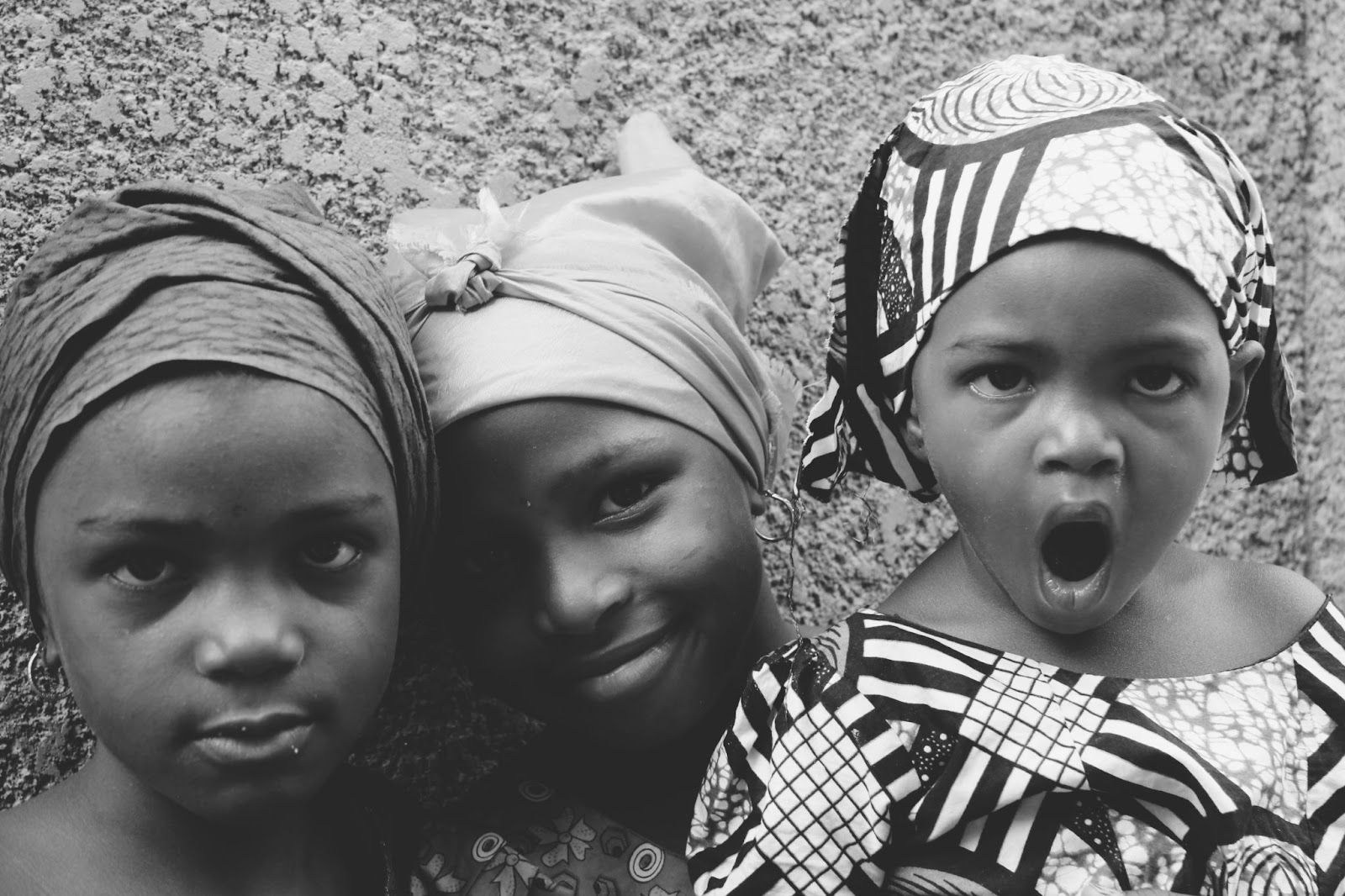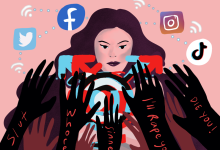
|
Getting your Trinity Audio player ready...
|
Today, Nov. 18, we mark International Day for the Prevention of and Healing from Child Sexual Exploitation, Abuse and Violence, bringing focus to a reality many Nigerian girls face daily in their homes, schools, and communities. The persistent violation of girls’ rights continues to undermine their development, safety, and future prospects in a society that often turns a blind eye to their suffering.
Looking at the raw data, research analysing 331 rape cases reported in national newspapers reveals a pattern of exploitation targeting young girls at their most vulnerable stages. Children aged 1-10 make up one-third of reported victims, while girls between 11-20 represent 46.1% of cases, with over 90% of all victims being female. The gender disparity becomes even more striking when considering that 99% of perpetrators are male, pointing to deep-rooted issues of power and control in Nigerian society.
Furthermore, these attacks come from within the circle of trust, creating a complex web of trauma and betrayal. The study also exposes how perpetrators are not strangers lurking in shadows but familiar faces embedded in daily life–fathers who should nurture, police who should protect, uncles who should safeguard, neighbours who should watch out, religious leaders who should guide, and teachers who should educate. These trusted adults systematically exploit their authority and access to young girls, transforming spaces of safety into territories of terror, leaving lasting psychological scars on their victims.
In addition, child marriage continues to destroy young girls’ futures across Nigeria, particularly in northern states, adding another layer to this crisis of exploitation. The statistics paint a grim picture: 43% of girls marry before reaching 18, while 17% are forced into marriage before age 15. This practice, deeply rooted in economic pressures and cultural norms, effectively normalises the commodification of childhood, with parents trading their daughters’ futures for immediate financial relief, perpetuating cycles of poverty and dependence.
The ripple effects of this exploitation are seen through generations of women, creating a pattern of intergenerational trauma and disadvantage. Young girls forced into early marriage face immediate physical risks from premature pregnancy, their bodies not yet ready for childbirth. Their education ends abruptly, trapping them in cycles of poverty they cannot escape. Many endure domestic violence in silence, isolated from family support and too young to advocate for themselves, leading to lifelong psychological and physical health issues.
Additionally, the culture of silence surrounding these abuses further compounds the problem, with poverty acting as both a catalyst and a silencer. Families, trapped between getting justice and survival, often choose quiet settlements over legal actions, while some accept payment from perpetrators, effectively pricing their daughters’ trauma.
Throughout Nigeria, institutional failures systematically undermine girls’ protection and access to justice. Law enforcement, rather than protecting these girls, frequently discourages reporting, dismissing sexual abuse as private family matters beyond their jurisdiction, locking victims and their families up, thereby enabling perpetrators to continue their abuse with impunity.
Healthcare systems lack trained staff to handle sexual abuse cases, while evidence collection remains poor, undermining prosecution efforts. Mental health support, crucial for recovery, stays out of reach for most survivors, leaving psychological wounds to fester untreated. Meanwhile, the legal system, meant to protect these girls, often becomes another source of trauma as cases drag through courts for years, forcing survivors to relive their experiences repeatedly.
The education system, which should serve as a safe haven, perpetuates these vulnerabilities through its failures and omissions. Schools lack proper reporting systems, while teachers, sometimes perpetrators themselves, ignore signs of abuse. Sex education remains taboo, leaving these girls unaware of their rights and unable to identify exploitation when it occurs. This educational void, combined with cultural silence, creates perfect conditions for continued abuse.
Religious institutions, wielding significant influence in Nigerian society, often escalate these problems through their promotion of harmful traditional practices. Some leaders use their authority to exploit young girls, while others promote practices like child marriage, citing tradition or religious texts. The moral authority of these institutions makes it particularly difficult for communities to challenge such practices, creating a barrier to meaningful change.
As we reflect on this international day, we must acknowledge that creating a more equitable society for Nigerian girls requires transforming how society values and protects its daughters. Only by confronting these uncomfortable truths, challenging deeply entrenched cultural norms, and building robust support systems can we create a future where girls grow up safe, educated, and empowered to reach their full potential.
The time for change is now! Every day we delay is another day we fail girls.






